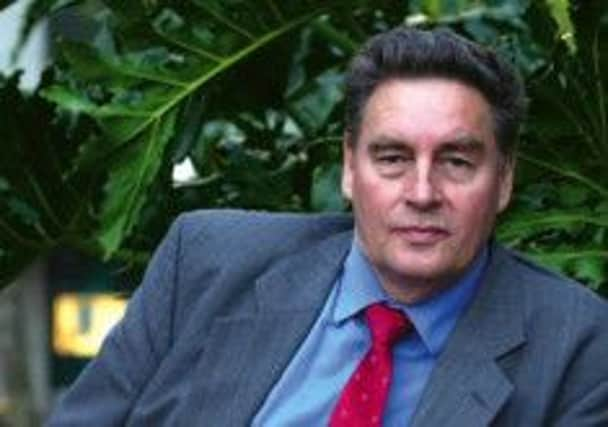Watch and listen: Don’t incinerate; re-use and boost GDP by 100%


Dr Paul Connett, a retired toxicologist, and Mal Williams, a longstanding waste campaigner from Wales, both challenged those supporting the multi-million pound jobs-boosting incinerator in Maydown to a public debate.
Plans for the facility have been in train since 2009 and according to the appointment business case, which has been seen by the Sentinel, construction was slated to begin next month (October 2013).
Advertisement
Hide AdAdvertisement
Hide AdIn March of this year concerned residents formed the Zero Waste North West (ZWNW) group to campaign against the plant and argue for increased recycling in Londonderry.


At its first public meeting on Thursday Jim Keys said: “When we heard that this was back on the table we were outraged and that’s why we came together.
“We’ve since found there are all manner of irregularities in the planning and procedural process and there is a massive lack of public consultation on what is the biggest public procurement project in Northern Ireland.
“So, we wonder is it a coincidence that Derry City Council’s recycling rates have actually fallen whilst other are rising?
Advertisement
Hide AdAdvertisement
Hide Ad“Derry City Council are consistently one of the lowest in Northern Ireland.”
Dr Connett told the meeting: “Now this plan that you have in front of you is utterly preposterous. It is the most ridiculous thing I’ve seen for a very long time.”
He added: “It’s a huge amount of money for very, very little from companies, which appear to have no track record in the central feature of a gasifying incinerator. Notice, I don’t call it a gasification plant. I call it, a gasifying incinerator. It’s a two stage process. The first stage converts solid to waste, sorry, solids to gas and in the second phase it burns that gas. At that point it becomes an incinerator. The schematics for this facility is little different from a dual chamber incinerator.”
Mal Williams echoed Dr Connett and said the solution to waste lies in social engineering, rather than in mechanical or chemical engineering.
Advertisement
Hide AdAdvertisement
Hide Ad“I see waste as a problem, not that needs solving by engineering solutions such as the ones being put before you, but by social engineering solutions and what I mean by that is, it’s your problem, not anybody elses, and I mean, you, including the people who are waste engineers,” he said.
He explained that during the 1990s alongside colleagues in Wales he succeeded in rapidly increasing recycling rates in admittedly small communities in tiny St Albans and the slightly larger Presteigne.
“Most people don’t like waste. They don’t like wasting either. Quite late on in my career I realised, actually, waste is a mistake. It was as simple as that. We should never actually have been creating it in the first place,” he said.
Mr Williams said people needed to start viewing waste as a public resource.
Advertisement
Hide AdAdvertisement
Hide AdHe said it didn’t make sense for people to purchase goods, pay someone to come and take elements of those potentially valuable goods away, only for someone else to make a profit from those same goods.
He claimed recycling and reusing waste could boost Gross Domestic Product (GDP) and Gross National Product (GNS) by up to 100 per cent.